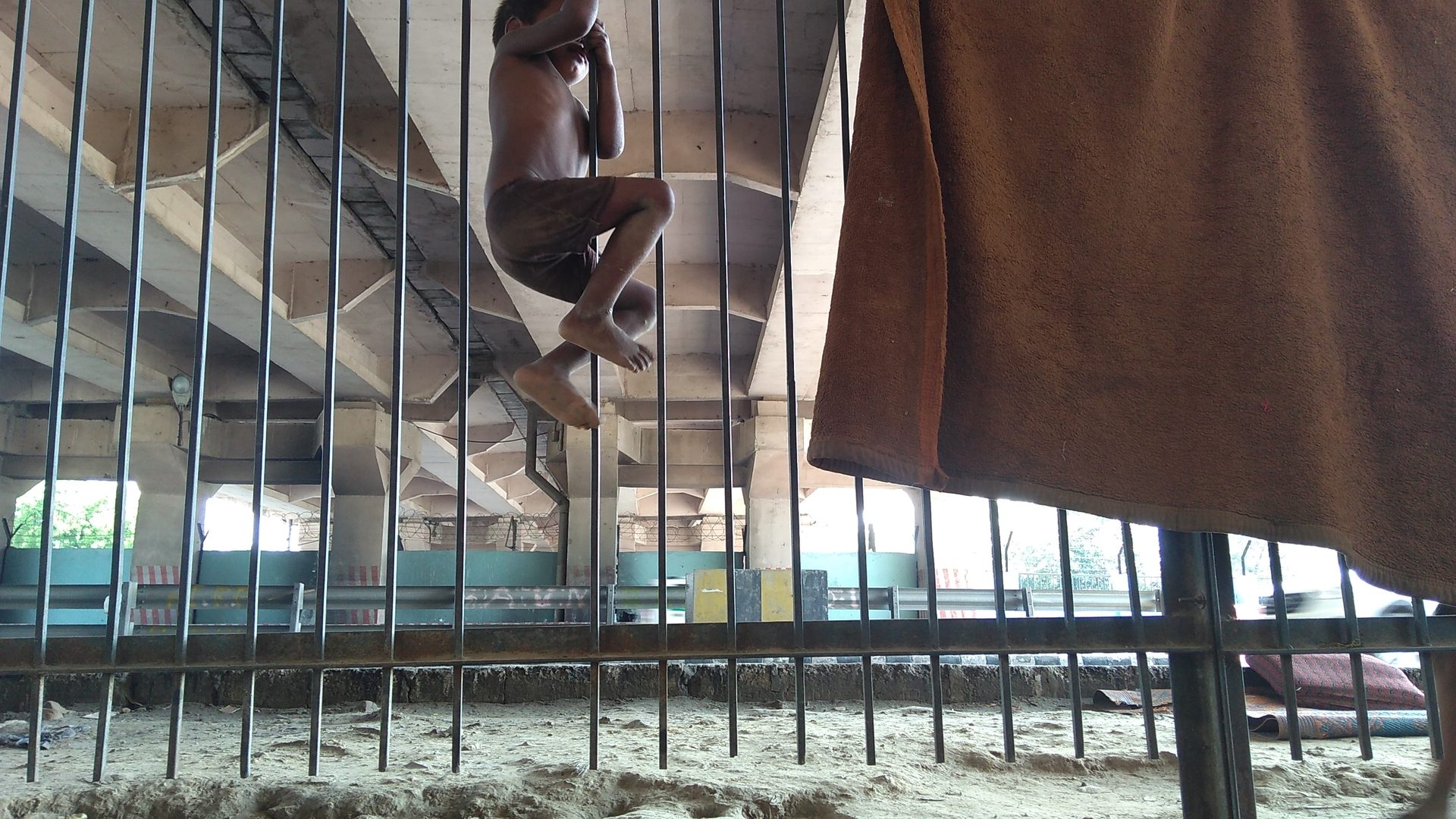
PEICHAN: Promoting Evidence-informed Interventions for Communities of the Homeless through an Action Network
Background
It is estimated that well over 2.5 million urban-dwellers in India are homeless, living in – and more often dying of – extraordinarily poor health. The urban homeless face a vicious cycle of precarity, living in a harsh, exposed environment, with poor job security, and enfeebled family ties. Violence and injuries are highly common and treatment seeking is typically delayed, resulting in lifelong disabilities, jeopardizing the ability to work, and further perpetuating homelessness. The most common needs of the homeless identified in ongoing research are in relation to tuberculosis, HIV and substance abuse, malnutrition, orthopaedic injury and violence, skin diseases, vector borne diseases, hypertension, diabetes, and mental distress.
This research project seeks to convene an action network of institutions involved with urban health service delivery and research for decades together and views the situation of the urban homeless as a crucible for the most challenging of scenarios for intervention, while also offering the greatest lessons for adaptation and replicability. Investigators were closely involved with the work of the National Urban Health Mission Technical Resource Group (NUHM-TRG) in 2013-14 and see this as an extension of this novel policy exercise which foregrounded the health challenges of the urban poor, especially the homeless.
Aim
This study seeks to a) identify and b) assess the applicability of interventions that address the specific health burdens of homeless sub-populations in Delhi.
We anticipate that interventions developed, and the methodology followed here may be further adapted for other underserved, itinerant populations in India and other Low and Middle Income Countries, such as nomadic tribal populations, refugees/displaced persons, and migrants. The study was funded by an internal seed grant at The George Institute for Global Health.
Methodology
The research will be undertaken in five overlapping phases and is guided by the work of the World Health Organisation’s Commission on Social Determinants of Health Network on Priority Public Health Conditions:
Phase 1: Mapping of interventions for the health of the homeless
Phase 2: Scoping and identification of qualitative field sites
Phase 3: Ethnography with homeless persons in Delhi
Phase 4: Triangulation of data, expert vetting and member checking
Phase 5: Intervention development, proposal writing and dissemination
Current Status
The study was approved by the Institutional Ethics Committee of TGI. Tools have been piloted and finalised. Systematic reviews are in progress Participant observation and in depth interviews with the homeless people having TB as well as homeless women with maternal and child health problems/concerns are underway in Delhi. Field notes are being written and transcriptions of recorded interviews are being done simultaneously.



